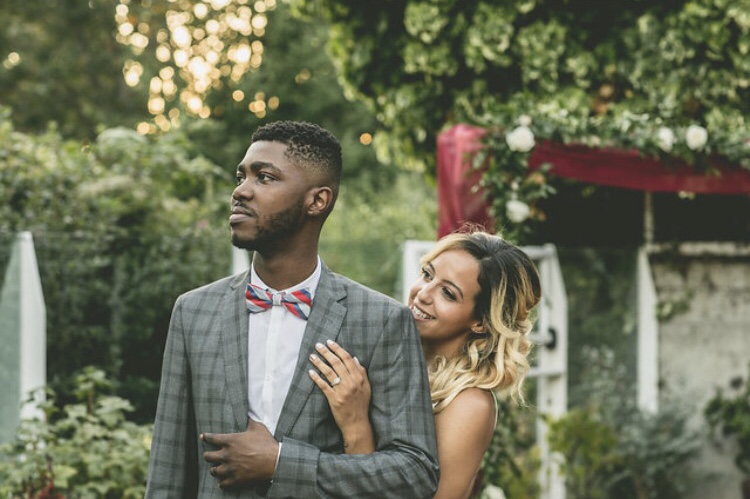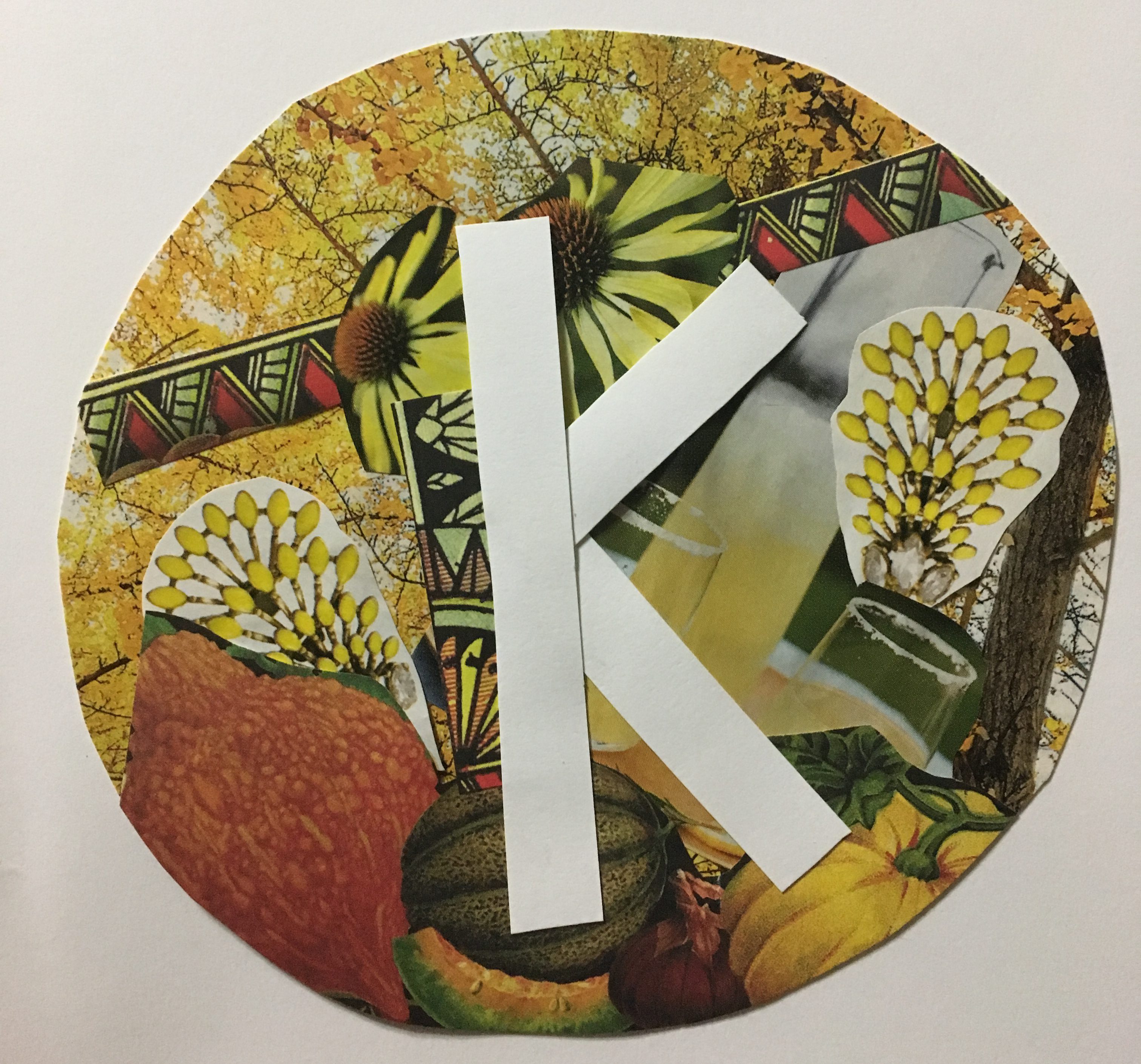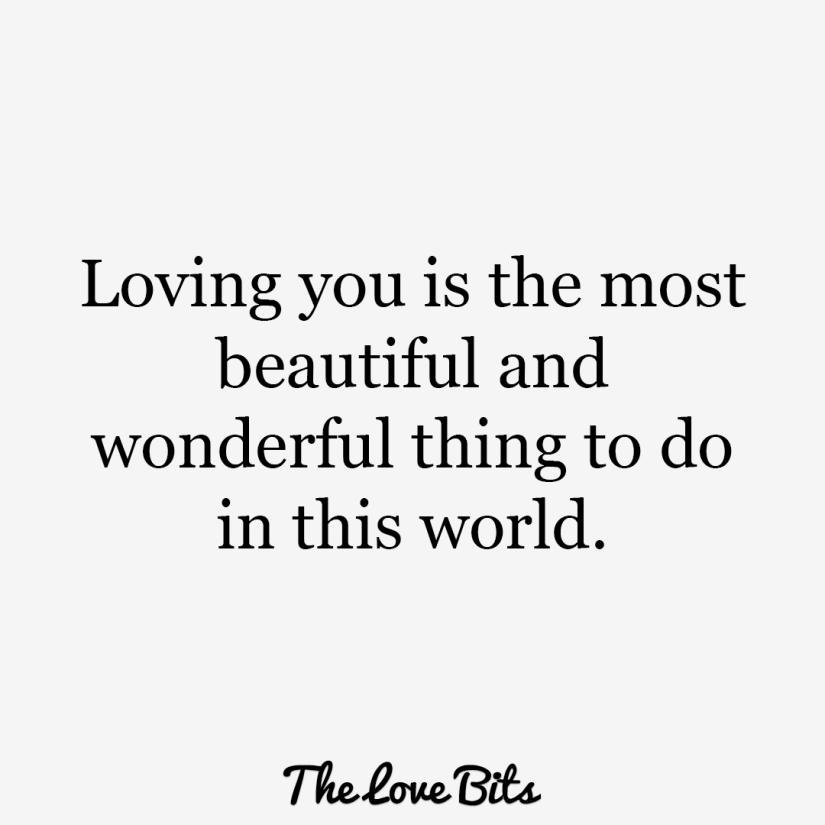
This week I am writing again about the reflections my bestie, Lauren, shared with me about and her relationship with her hubby, Matthew. This post dives in deep to some of the challenges she shared with me and about some of the harder things about their relationship. I so appreciate Lauren’s honesty and openness and want to shout out to everyone and anyone who’s made the life choice to be in a multicultural and interracial relationship. And I’m starting a new hashtag to acknowledge this- #amixedlifebychoice.
Lauren broke it down for me like this “I am a planner and I like to know what I am doing next but my partner likes to live each day to the fullest and be in the moment.” Girl, let’s just say I can relate. Lauren continued that this attitude or outlook on life has a lot to do with personality but it also is a challenge in a multicultural relationship. When you come from different counties, it’s really much harder to stay together long term without planning ahead to ensure you can actually physically stay together. This proved true in Lauren and Matt’s relationship. After living apart and together for periods of time in his country over the years they dated, they decided to get married and Matt moved to the US with a K1 visa. But couples don’t just get K1 visas just because they love each other. In fact, the process is quite grueling and really legally challenging. Not to mention, expensive. So, a lot of planning went in to even get Matthew to be able to come and live in the US long term. And Lauren and Matt are not sure they even want to live together in the US forever either which means they might have to do the same process to get Lauren the rights to live as a resident in the UK someday. “It’s a huge challenge to plan our future geographically due to paperwork and legal status and its constantly on our minds. It’s really hard to settle down somewhere and really appreciate being there because we have to always be thinking about our next move” Lauren mentioned. For someone who loves to plan, this is particularly hard on her. But she noted that it’s a lifestyle that they both chose and that at the present moment, the uncertainty about the next step is perhaps harder on her than it is on him.
So how do Lauren and Matt deal with some of the really hard things that crop up because they’ve chose this life together? Lauren mentioned they depend on their support systems- their friends and family to get them through it all. She said that her best resources and support have been friends who’ve taken similar paths to her- those who’ve also traveled or are in similar positions and are married. Her family has also been very supportive and encouraging. Lauren said “it’s always easier to confide in people who appreciate the same things I do and who understand where I am coming from.” She also mentioned she and Matthew are learning about one another’s support systems and that’s been really helpful too. They are learning to embrace one another’s ways of dealing and coping which is crucial in a multicultural relationship.
Lauren and Matt are not only culturally diverse but they are racially as well. Lauren is mixed race (her mom is Irish and American Indian and her Dad is Eritrean) and Matthew’s birth family is originally from Guyana but he was born and raised in the UK by a white foster family. She mentioned that she never really remembers experiencing any direct negative feedback or stereotypes about being in an interracial relationship when they lived in the UK together which was great since that time allowed for them to build a strong foundation and always feel confident in their love. They never really thought about that being interracial couple as an identifying factor. And Lauren reflected that since they are both from diverse backgrounds, she feels they are more similar than different. However, Lauren mentioned that there have been a few times here in the US when she’s come to realize people’s assumptions about her relationship that reflect their opinions on race. For example, its happened a few times that she will tell people she doesn’t know that well that her husband is British. Later they may come to see a photo of them together and when they see that Matthew is black, they tend to seem a little shocked. Lauren doesn’t really define her and Matt as an interracial couple openly since they come from very diverse backgrounds and because of the ways in which they both were raised. So, she often chooses not to engage with people who seemed shocked or surprised she’s with a black man because it gives her the feeling she has to explain herself to them and she doesn’t have any explaining to do, to anyone.
Overall, Lauren expressed how lucky she feels to be with someone who is culturally different from herself. And she noted multicultural relationships tend to force couples to get to know their partners on a deeper level sometimes quicker than people from the same country or culture. She also noted they have worked through the difficulties and challenges of the immigration process demonstrates how strong their bond and connection is. She realizes that there are a lot of people she knows who’ve been in multicultural relationships that haven’t lasted- and that the hurdles such couples face are hard to handle- K1 visas and legal paperwork to boot. Lauren said “But it’s a process that proves you really love your partner because it’s really hard and difficult to do. If you can make it through that, you can make it through more together.” She realizes that there are a lot of people she knows who’ve been in multicultural relationships that haven’t lasted- and that the hurdles such couples face are hard to handle- K1 visas and legal paperwork to boot. Lauren said “But it’s a process that proves you really love your partner because it’s really hard and difficult to do. If you can make it through that, you can make it through more together.”
She also reflected later that both her and Matthew really embrace and appreciate so much about one another’s cultures. Matthew has come to love and soak up the beauty of the Pacific Northwest and Lauren always enjoys traveling to London so she can play tourist and immerse herself in British culture.
Thanks Lauren for your time and thoughts and love to you and Matthew always.





